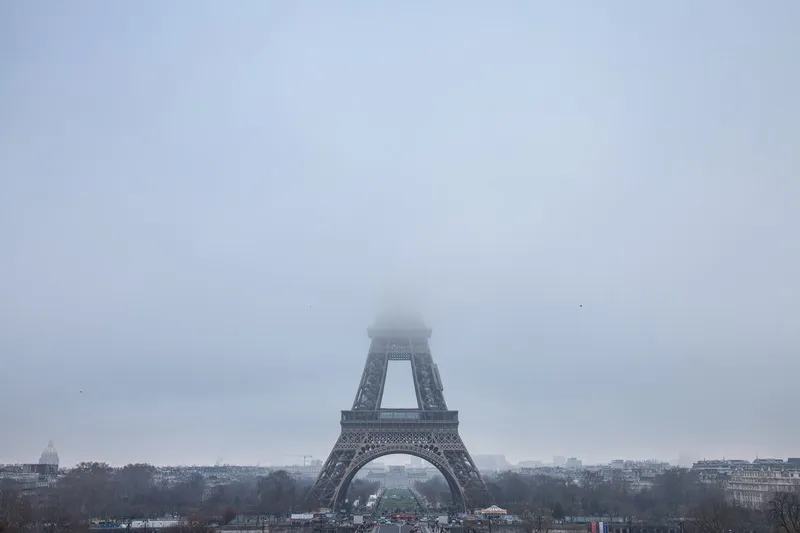The UK Government’s plan to improve air quality will fail because it ignores the growing impact of congestion on pollution in city centres, sustainable transport experts Greener Journeys warn.
Its new analysis of transport data reveals the direct impact of rising congestion on harmful NOx emissions, with a halving of average city traffic speeds leading to a 50 per cent increase in emissions from larger vehicles as they crawl along busy urban roads. In nose-to-tail traffic, NOx emissions are four times greater than they are in free flow traffic.
In contrast, it claims easing traffic flow can lead to dramatic reductions in NOx emissions from all vehicle types. Emissions from the latest Euro VI diesel buses, for example, can be halved by increasing speeds from just 3.7mph to 5mph.
Diesel cars are the single biggest contributor to NOx emissions on the road, accounting for 41 per cent of all emissions from road transport. A journey by a modern Euro 6 diesel car emits 10 times more NOx per passenger than a comparable journey by a Euro VI bus.
The analysis by Greener Journeys and Professor David Begg, the former chairman of the Government’s Commission for Integrated Transport, claims it will be impossible to keep air pollution in check unless the Government takes meaningful steps to improve falling urban traffic speeds.
The draft Air Quality Plan acknowledges that without further action, 31 of 43 UK zones will miss air quality targets in 2020. Current plans, however, identify buses and taxis as priority diesels to target within clean air zones, followed by HGVs and vans, with cars a drastic final option – the reverse order of the contribution these vehicles make to NOx emissions totals, says Greener Journeys.
Government air quality plan ‘under threat from congestion’
The UK Government’s plan to improve air quality will fail because it ignores the growing impact of congestion on pollution in city centres, sustainable transport experts Greener Journeys warn.
June 20, 2017
Read time: 2 mins









